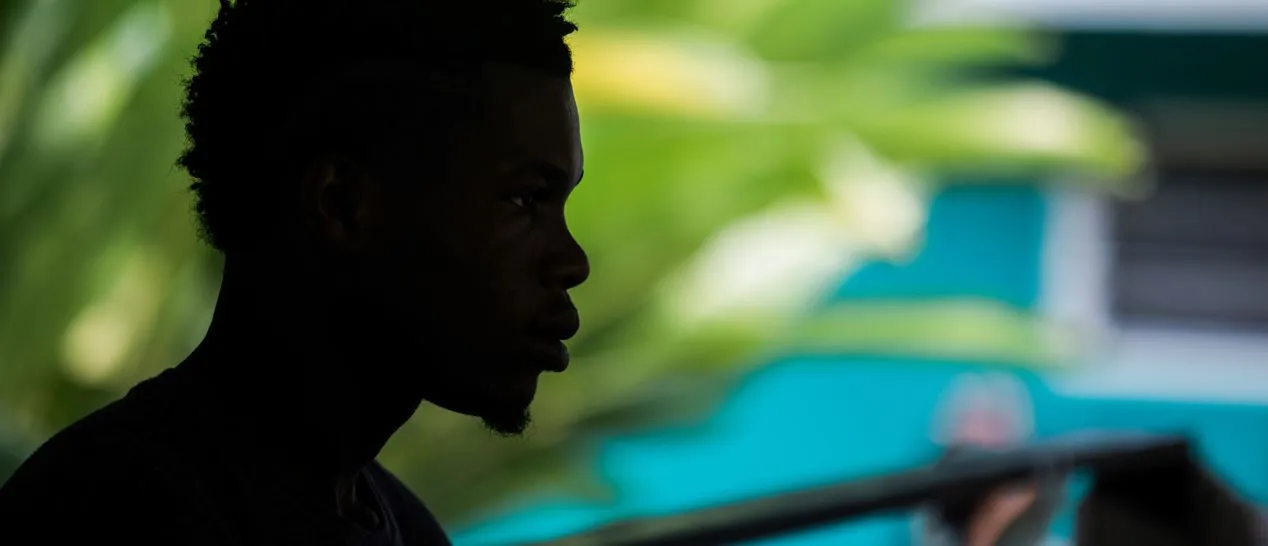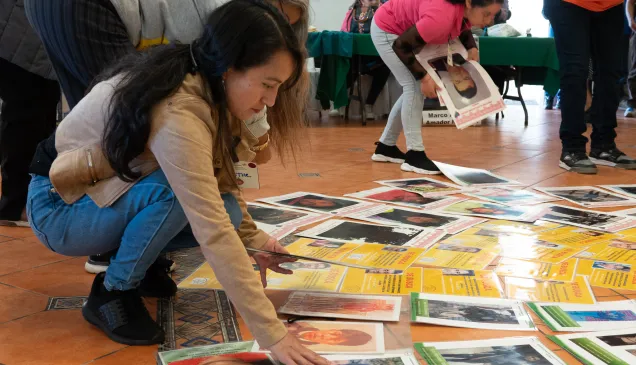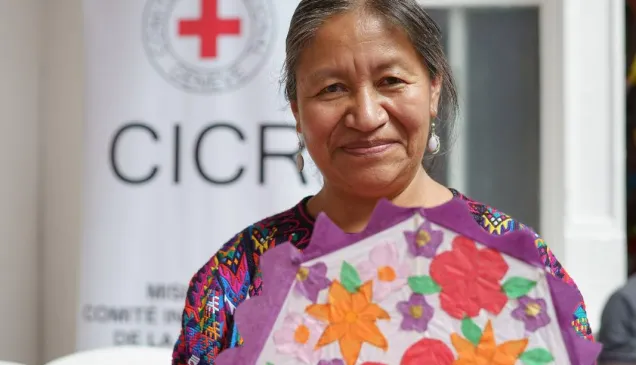High levels of armed violence in Mexico and Central America continue generating serious humanitarian consequences, visible and invisible, and affect the present and future of thousands of people across the region. So said the International Committee of the Red Cross (ICRC), at the launch of its 2021–2022 Humanitarian Reports for Mexico and Central America.
"In 2021, we witnessed forced internal displacement, migration and people going missing. We also continued to see how violence affected communities' access to health care and education. In addition to the visible effects of the violence, such as homicides, there are profound invisible effects: the violence is turning people, families and communities into the living dead," said Jordi Raich, head of the ICRC's regional delegation for Mexico and Central America.
There are no easy solutions, said Jordi Raich, it requires an urgent and decisive actions by governments, civil society and humanitarian organizations in order to mitigate the consequences of the violence, to create more humanitarian environments and to protect the dignity of the people affected.
The ICRC works together with National Red Cross Societies to provide assistance and protection to migrants, displaced people, relatives of missing people, people deprived of their liberty and communities affected by the violence in El Salvador, Guatemala, Honduras and Mexico. In Nicaragua, the ICRC visits detainees.
During the presentation of the annual reports, Miguel Ramírez, head of the ICRC's operations in Mexico, called people not to normalize violence: "Thousands of people in the region have felt the pain of losing a loved one to violence. Their stories are published in media or heard around the dinner table, and then forgotten. It happens constantly and it's a sign that we have learned to live with the violence, preventing us from understanding the suffering it is causing to thousands of people and stopping us from looking for solutions."





